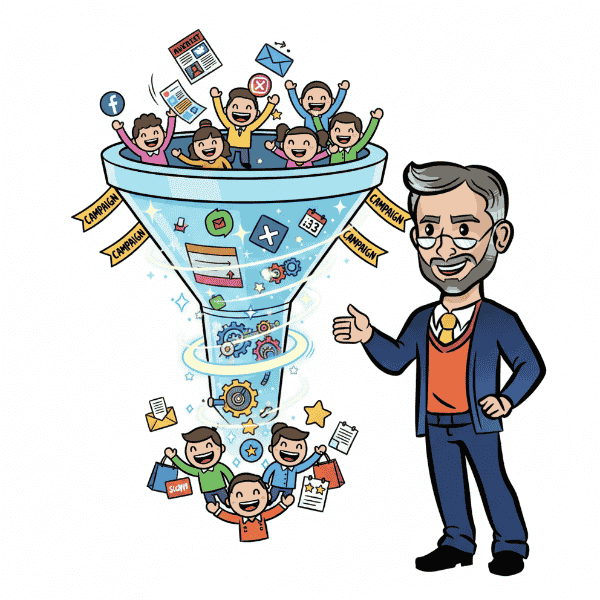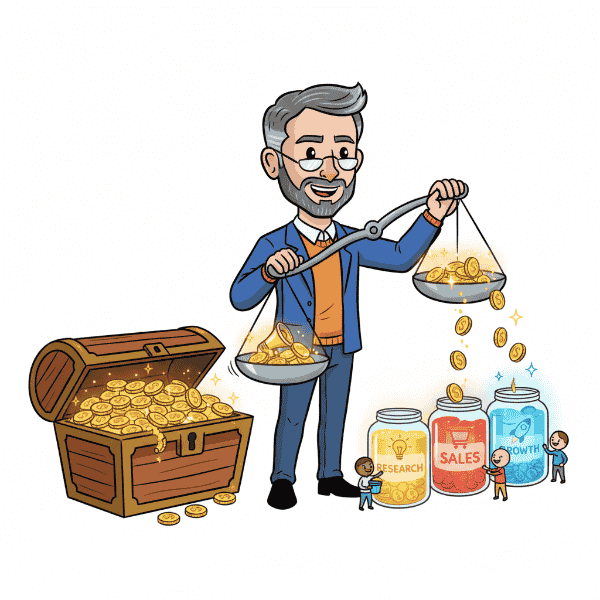Client Referrals occur when satisfied customers recommend a business to others, driving new leads and fostering trust. This organic marketing method is highly effective in acquiring loyal customers and increasing brand credibility.
Example in a Sentence: The company’s strong client referral program helped them acquire high-quality leads at a lower cost.
Why Client Referrals Matter
A well-executed referral strategy:
- Builds Trust: People trust recommendations from friends and family.
- Reduces Acquisition Costs: Referred customers often convert faster and at a lower cost.
- Increases Loyalty: Clients who refer others are more engaged with the brand.
- Expands Market Reach: Encourages organic brand growth without heavy advertising.

Key Components of a Successful Client Referral Program
- Incentive Structure: Reward customers for successful referrals.
- Easy Sharing Process: Simplify how clients refer others.
- Tracking Mechanism: Monitor and optimize referral performance.
- Engagement Strategy: Encourage satisfied clients to participate actively.
- Personalized Outreach: Make referred clients feel valued from the start.
Boost Your Business with Expert Referral Strategies
Our sales funnel course provides proven techniques for designing a high-converting client referral program. Learn how to maximize word-of-mouth marketing and drive sustainable business growth.
More Definitions:
Customer Satisfaction Index Definition, Benefit Selling Definition, Brand Engagement Definition, Behavioral Triggers Definition, Data Integration Strategy Definition, User Acquisition Costs Definition, Peer-to-Peer Marketing























